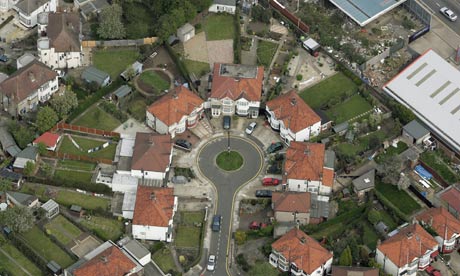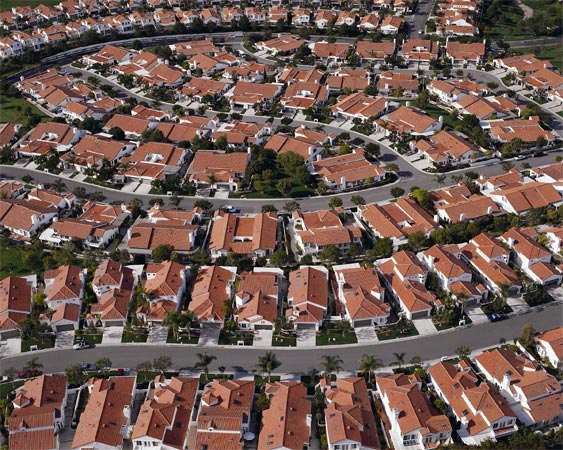kennedy
Senior Member
- Joined
- Feb 12, 2007
- Messages
- 2,820
- Reaction score
- 7
I found myself in an argument today, about cities and suburbs. My point was that cities are healthier for people to live in, and in an ideal world, civilization would exist in metropolitan centers, and gradually shrink to rural areas through a sequence of ever-smaller cities (not suburbs). Of course, the people I was arguing with claimed that suburbs are small cities. I think that there is a distinct difference, and it makes sense in my head and my experience, but I found it astonishingly difficult to try and convince them that there was a difference.
Has anyone else ever found this to be true? I think that perhaps I took too adversarial a route to try and prove my point, and therefore, the people simply defended their point and refuted mine regardless of what I said. But what is a small city?
I had envisioned small, transit centers with a dense, mixed-use center (main street, square, etc.) with primarily residential space radiating from this center. Certainly not pure residential space, but something to satisfy those who value their privacy (IMO, too much).
What about you? I believe that real, urban cities, from large metropolises to small towns, as well as rural and natural wilds, have the ability to satisfy the needs of everyone. Am I fooling myself, that I think design can make anyone happy within an urban context? I understand that it's impossible for this idea to be exercised, as it's simply too utopian, but that doesn't mean a large majority of suburbanites could live in cities and change the world through a more efficient use of land.
Has anyone else ever found this to be true? I think that perhaps I took too adversarial a route to try and prove my point, and therefore, the people simply defended their point and refuted mine regardless of what I said. But what is a small city?
I had envisioned small, transit centers with a dense, mixed-use center (main street, square, etc.) with primarily residential space radiating from this center. Certainly not pure residential space, but something to satisfy those who value their privacy (IMO, too much).
What about you? I believe that real, urban cities, from large metropolises to small towns, as well as rural and natural wilds, have the ability to satisfy the needs of everyone. Am I fooling myself, that I think design can make anyone happy within an urban context? I understand that it's impossible for this idea to be exercised, as it's simply too utopian, but that doesn't mean a large majority of suburbanites could live in cities and change the world through a more efficient use of land.
Last edited:





